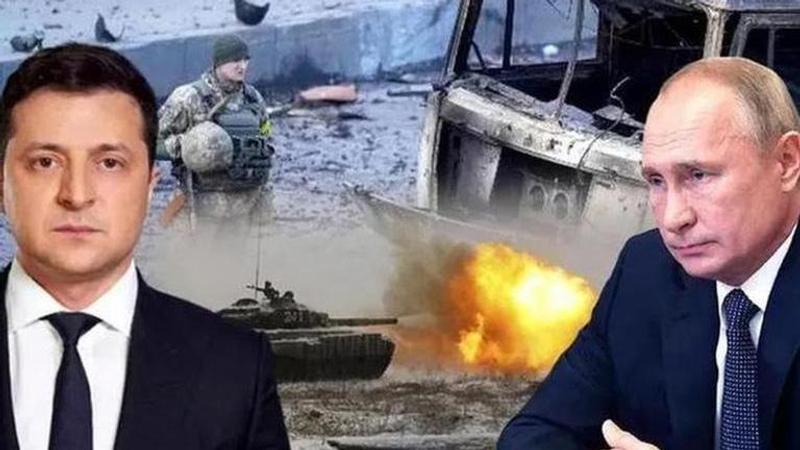Published 13:44 IST, December 14th 2022
'Russia might launch another 'major offensive' in early 2023,' says Dmytro Kuleba
Dmytro Kuleba, head of Ukraine's ministry of foreign affairs and he has said that according to the information he has, Russia might launch an offensive in 2023.

Dmytro Kuleba is head of Ukraine's ministry of foreign affairs and he said that according to the information he has, Russia might launch a major offensive in early 2023. He released a video on the foreign affairs ministry's official YouTube channel. He however added, "I am not saying that it will definitely happen."
He said that when Russia's mobilisation, conscription, training for new conscripts, and movement of heavy weaponry are taken into account, it certainly seems like Moscow's hope is breaking through Ukrainian defences to penetrate deeper into Ukrainian territory. "I think the Russian ability to launch a major offensive will probably be restored sometime in late January or February," Dmytro Kuleba said, as per a report from Newsweek. He added that Ukraine is doing everything it can to ensure Russia's offensive fails, assuming Russia decides to go ahead with the offensive.
Problem of morale
One of the most pertinent problems for Russia is morale. The French conqueror Napoleon Bonaparte, who was labelled "God of War" by the preeminent military thinker Carl Von Clauzwtiz, once said, "In war, three-quarters of victory is down to morale, only one-quarter to the balance of military forces." Ukrainian forces have higher morale as they are fighting an existential war, for the existence of their nation. Russian troops, especially the conscripts are in a war far away from their home. It is likely that the lower morale of Russian troops will persist.
Risk of war fatigue in the west
A crucial asset for Russia can be war fatigue in the west. Ukraine's ability to defend itself against Russia is dependent on support from western nations. If western nations stop supplying armaments, intelligence and training to Ukraine, if western nations cease backstopping Ukraine's economy, Ukraine will suffer. Kyiv's goal is to ensure support from western nations keeps continuing, despite the passage of time. In war, all other things being equal, the balance of resolve is the variable. If the resolve of western nations to support Ukraine runs out before Kremlin's resolve runs out, Ukraine's own resolve won't matter.
Corruption's impact on Russian military performance
It is unclear how effective Russia's offensive will be if Kremlin does decide to go ahead with one. The offensive on Kyiv did not end well, with visuals of Russian battle tanks running out of fuel on their road to Kyiv, being broadcast across the world. Michael Koftman, an analyst of the Russian military at an American think tank, attributes Russia's ineffective offensive to corruption. Corruption is a major problem for Russia. Corruption in the armed forces, to be precise. Russian President Vladimir Putin is aware of this problem, and to eradicate this he undertook major reforms.
One of the most notable examples of corruption in the Russian army occurred in 2008 when it was revealed that over $100 million had been embezzled from the military by a group of high-ranking officials. This money was meant to be used for the purchase of new equipment and supplies, but instead, it was funnelled into personal bank accounts. This scandal led to the resignation of several top officials and highlighted the extent of the corruption problem in the Russian military.
Updated 13:43 IST, December 14th 2022




